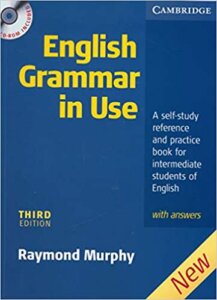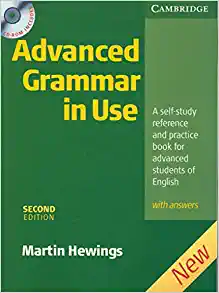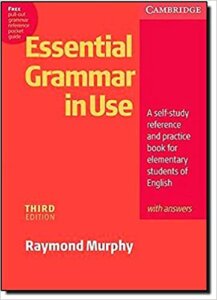If you’re looking for the best way to learn the English language up to fluency level, you’re going to need a few important things to get there. Here they are: a way to learn proper pronunciation, a frequency dictionary to complete your base vocabulary, and a good grammar book. You’ll also benefit from a thematic vocabulary book for specialized vocabulary, and maybe a book or two, once your base vocabulary is solid. Make sure you read our Method articles for top advice and tips, then check out some of these recommended resources (pictures are links).
Learn English with these resources
1. Pronunciation
Note: As a faster (and more effective) alternative to the following pronunciation resources, check out my pronunciation Kickstarter. If your native language is one of the eleven I’m starting with (Spanish, French, Italian, Portuguese, German, Russian, Arabic, Hebrew, Mandarin Chinese, Japanese, Korean), it will make the first steps of English much easier for you, because it takes advantage of how your brain works (and how to re-wire it) in a way that traditional tools just can’t.
First off, get a feel for how pronunciation works in English. The video tutorials here should help.
Perfecting Your English Pronunciation by Susan Cameron is an excellent (and cheap!) book and DVD set. Once you’ve seen the video tutorials, get this. She teaches a general American accent.
In terms of online resources, check out Rachel’s English. Aside from a bunch of handy videos, she has a sound chart that lists the various spellings of English in detail.
This site converts English text to IPA. It’s not 100% perfect, but it’s generally pretty good if you’re looking to do a lot of transcriptions!
There are also some Anki flashcards for English (American English & British English) to improve your pronunciation, such as the English alphabet, English IPA Pronunciation, English minimal pairs flashcards, and other useful goodies.
2. Your base vocabulary
Your goal is to find the words you’re missing. Get a frequency dictionary or frequency list and make sure you know at least the top 2,000 words. I’ve made a list of words to start you off!
You can also access ready-made English Anki decks (American English & British English) to boost up your English vocabulary, which is recommended, as it could save you time and get you started faster.
After that, try some of these:
Free internet resources
The General Service List (GSL) is a well-designed frequency list that I use with my students. The Academic word list for English students who wish to read academic papers can be found here.
Frequency dictionary
The Routledge Frequency Dictionaries series is excellent, with example uses and everything. This version will be more current (and more accurate) than the GSL, and having a book in hand is sometimes more enjoyable to work with than a website.
3. Grammar book
There are a lot of options here, but so far, my pick would be the English Grammar in Use book with CDs and answer keys. It gets wonderful reviews. Here are the beginner, intermediate, and advanced books:
4. Literature
You can read anything that you enjoy. If you like Harry Potter, get Harry Potter. If you like crime novels, get John Grisham. Just get an audiobook with it – it will help push you through the book quickly.
5. Other resources
There are some wonderful monolingual English dictionaries that use simple vocabulary to describe words. Get one and start using it as soon as you can (and if you’re reading this, you can, so get it. :)) In terms of online resources, I’m a big fan of the English Tense tutorials over at Englishpage.com. You’ll also be really well served by Simple Wikipedia and Simple Wiktionary, two of the best resources for English learners.
If you have more questions about Anki and learning English, there’s also the Anki language learners’ community on Reddit. You can even check out this Anki language learning blog for other Anki tips and tricks for learning English.
Dictionarist
Dictionarist provides translations, example sentences, conjugations, and synonyms for a number of languages including English.
6. Try the Fluent Forever app
- Train your ears with pronunciation lessons
- Learn vocabulary through images instead of translations
- Learn grammar naturally through stories relevant to you
- Practice your speech to fluency with native tutors
Download the Fluent Forever app and start learning today!







